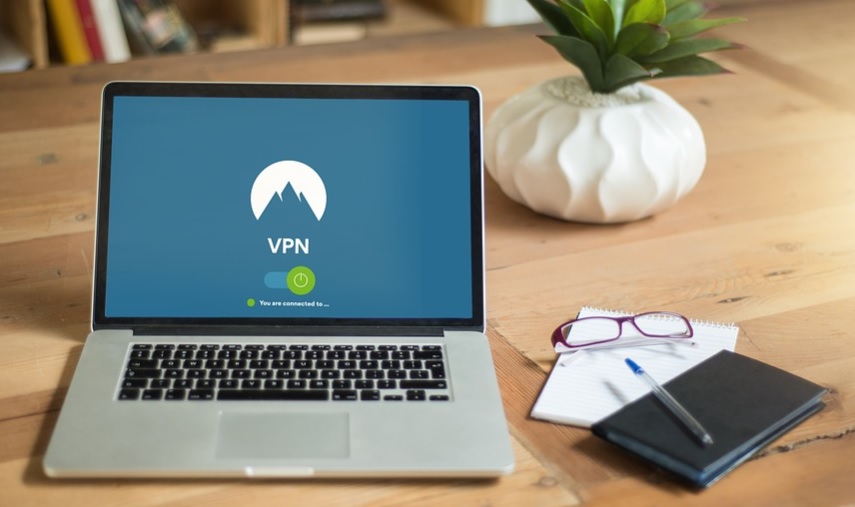What Change Can a VPN Chrome Extension Make to Your Browsing Security?
As the number of internet users is growing, more and more security threats are arising as well. And although software manufacturers are working hard to improve security features, hackers aren’t twiddling their thumbs either.
Regardless of the browser, there’s always a certain risk that third parties will intercept users’ data or hack their computers.
The good news is that it’s possible to use some add-ons, from a VPN Chrome extension to the Chrome URL Scanner, Blur, and other practical tools to increase browsing security.
Opt for anti-malware tools
Some people on the Web pay precise attention to security while others are less cautious. To cut a long story short, many internet users launch their websites on CMS-platforms, but they don’t update their systems regularly. As a result, they get exposed to all sorts of malicious malware, which infects the computers of people who visit their websites.
Because of that, internet users should opt for proper anti-malware tools, which should include the following features:
- Website scanners – It’s impossible to say whether or not a website is infected when a visitor lands on it. What everybody can do is scan it for viruses and other issues. For instance, Avast Online Security is a decent add-on for Google Chrome. Every browser has a similar plug-in, so users just need to activate it on their browser.
- Web application firewalls – Apart from scanning suspicious websites, it’s wise to prevent them from showing up in the first place. A range of web application firewalls can recognize such websites and protect personal computers from accessing them.
- Password managers – People often let their browsers save passwords on the websites they visit frequently. By doing that, they allow hackers to easily access their data. The alternative is password tools, such as LastPass or 1Password.
Mind the browser cache
Browsers store different information about websites to speed up the load time upon repeated visits. This data is stored in the cache memory. It’s a practical way to improve the browsing experience. On the other hand, the data stored in the cache memory reveals what websites users have visited. What’s more, the cache also shows a user’s location, which is valuable information for hackers.
That’s why malware attacks can aim at the browser cache memory, as well. Thus, it’s important to clear the cache memory from time to time. Also, browsing the Web on the incognito mode on Chrome (separate window on some browsers) will keep your cache memory safe.
Turn to a private network
Even if internet users follow the tips mentioned above, their IP address is still visible to third parties. Also, based on their IP, users aren’t able to access the geo-blocked content or content which is censored for specific regions. For instance, some streaming services provide different content for different regions. Those users who are connected to local networks will be able to only to watch the content available in their region. That’s why turning to one of the VPNs for Chrome is a reasonable solution. You can find one of the most popular options here:
First and foremost, using a private network keeps users’ data encrypted. This will prevent any potential DDoS attacks.
Furthermore, it enables users to change their IP address. This will allow people living in Spain to change their IP location to the US and vice versa. For instance, this can come in handy for those who want to access Netflix content unavailable in their region.
In line with this, internet users who want to access full-scale online games will find private networks useful. Since some online games are being censored either by manufacturers or by governments, VPNs are a shelter from this restricted gaming experience.
Switch off browsing history
The browsing history is a treasure chest for every malicious hacker and software. Not only hackers can see what websites you’ve visited, but they also can see when you do it. As a result, they can identify your browsing patterns, which can be used against you.
For instance, they can see the log of people’s online purchases and hack their credit cards. Of course, the measures from this guide can improve users’ online security, but some risk remains.
Thus, switching off browsing history is a good way to reduce the risk of getting hacked. If someone has to keep the record of the visited websites for business reasons, it’s necessary to use the incognito mode when they’re online just for fun.
Conclusion
The internet is no child’s play, not even when it comes to online gaming. Although all mainstream browsers are reliable tools, they still aren’t entirely immune to security threats.
People can protect themselves by using different extensions to increase the level of their online security. Sometimes, it’s just enough to scan websites before visiting them. On other occasions, using a VPN Chrome add-on will ensure online invisibility to dodge some area-related limitations. And on all occasions, it’s necessary to use anti-malware firewalls.
Together with a clear browsing history log and cache memory, all these precautions should keep internet users safe from malicious intruders.
Related Post
- The 10 Best VPN for Windows 10, Mac OS, Android and iOS [Free & Paid]
- The 10 Best Firewalls Solutions for Home and Office Network (2018)
- Top 5 Best Free Parental Control Software for PC, Mac, iOS, Android
- The Best Data Backup Software for Windows and Mac PC



